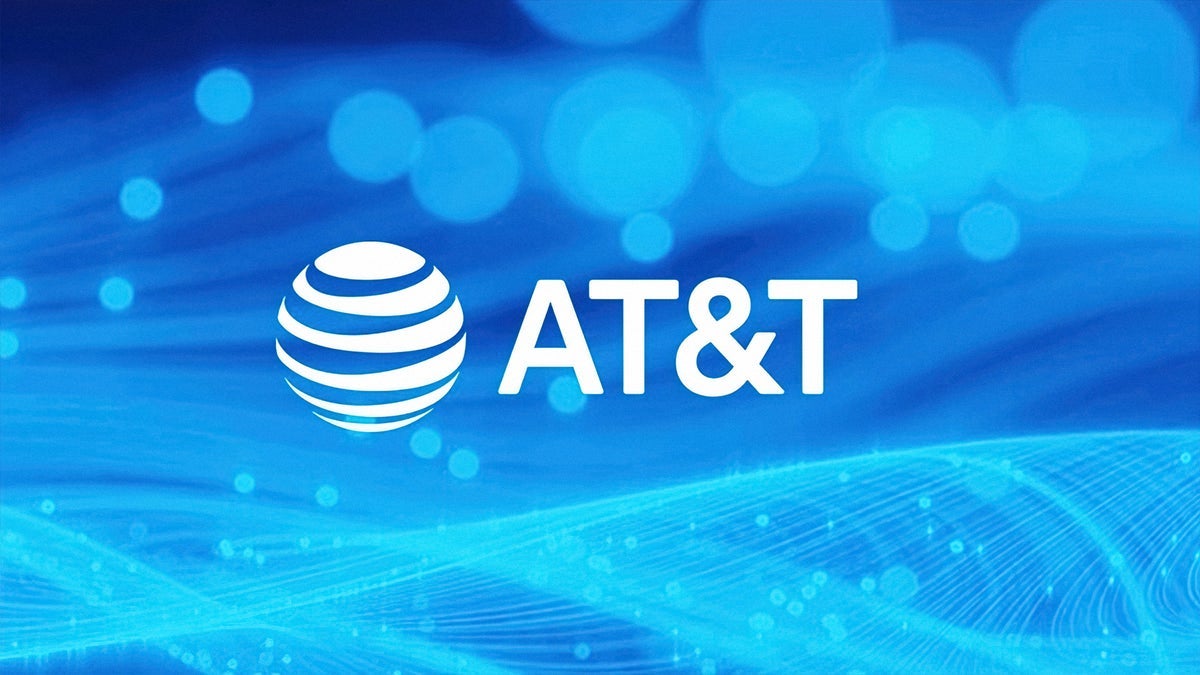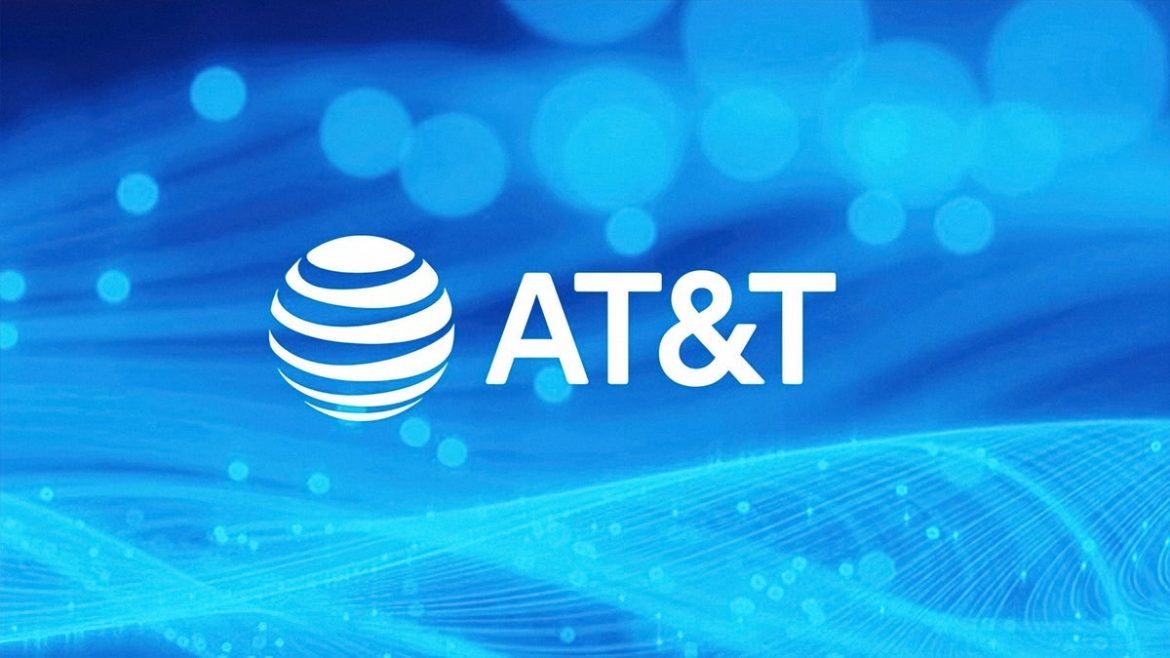
AT&T wants to bring employees back to the office five days a week
The note was written to show workers just where their “professional expectations” may be “misaligned with the strategic direction of this company,” Stankey wrote, “If you are of the small minority that shared comments similar to, ‘I have heard this nonsense before and I’ll ignore things until this goes away…’ or ‘things were just fine the way they were…’ there might be a disconnect between you and your current professional choice.”
“We run a dynamic, customer-facing business, tackling large-scale, challenging initiatives,” Stankey wrote. “If the requirements dictated by this dynamic do not align to your personal desires, you have every right to find a career opportunity that is suitable to your aspirations and needs.” What brought all of this up were changes made to the AT&T work schedule. The company replaced a hybrid work calendar that allowed employees to work from home some days of the week with a stricter mandate that requires them to work in the office each and every day of the five-day workweek.
“I know change like this is difficult and can be unsettling for some. However, as General Eric Shinseki so eloquently stated, ‘If you dislike change, you’re going to dislike irrelevance even more.'”
-John Stankey, CEO, AT&T
AT&T‘s CEO says that the RTO transition is a shift away from “loyalty, tenure, and conformance with the associated compensation,” to “a more market-based culture —focused on rewarding capability, contribution, and commitment.” Stankey presented change in general as something that a company needs to experience to stop it from becoming irrelevant.
Stankey said that while there are many who don’t like the idea of causing disruptions at companies, he said that he couldn’t find another firm more than 100 years old (like AT&T) that didn’t need to disrupt itself to remain relevant. So let the disruptions begin at AT&T.
#ATT #CEO #Stankey #carrier #embrace #change #disruption
